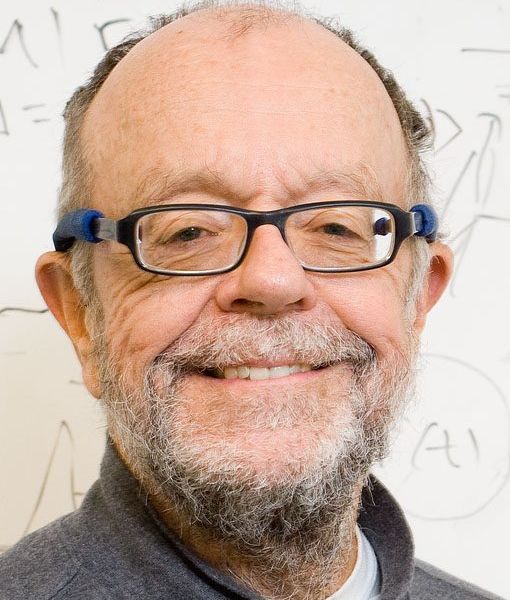
Professor Emeritus
Research
After a long period of large computer simulations and algorithm design, I intend to refocus on basic theoretical physical chemistry, following my mentors Daniel Kivelson and Irwin Oppenheim. Some current projects are:
- Theory of the influence of nanoparticles and interfaces on plhase transitions in lipid membranes.
- The Instantaneous Normal Mode (INM) approach to liquid properties was developed in the Keyes group, and we have also followed the Inherent Structure (IS) approach. Many exciting directions remain to be pursued, and the approaches will be combined.
- Developing and applying the POLIR potential for aqueous solvation and spectroscopy, including classical theory of nonlinear techniques.
- Developing the idea that classical “electrostatic bonds” based on polarization energy can treat some lbinding formerly considered to require quantum mechanics. This topic, and the previous one, will be done in collaboration with Brian Space, NC State.
What’s Next for Graduates of the Keyes Group?
Students trained in theoretical and computational chemistry can continue in many directions, especially anything involving mathematical modeling. Keyes Group graduates are currently pursuing careers in academia, finance, biotechnology, and defense; there are two CEOs. Recent graduates include:
- David Stelter, Spectral Sciences Corp, Burlington, MA
- Edyta Malolepsza, Broad Institute, Cambridge, MA
- Revati Kumar, Associate Professor, Chemistry, LSU, Baton Rouge, LA